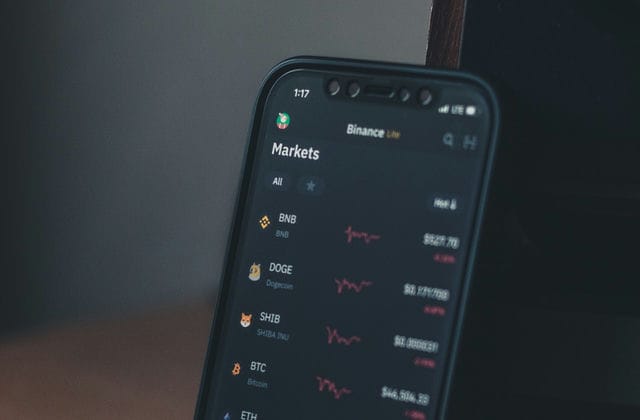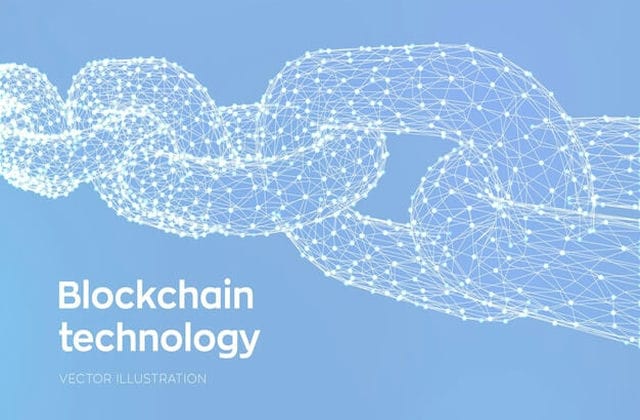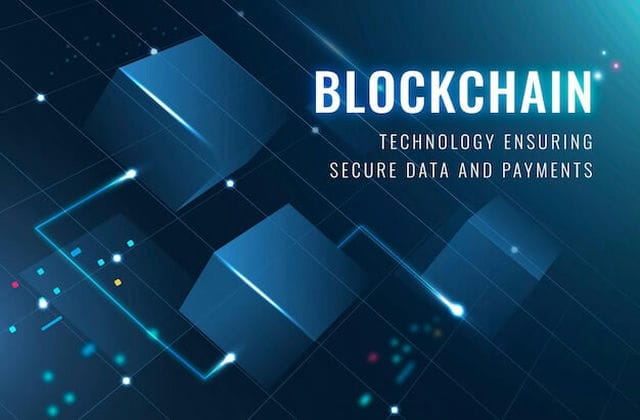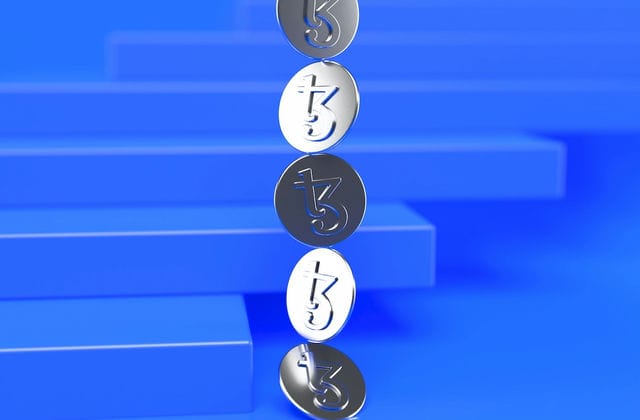As an innovation of ideas, blockchain can have a subversive impact in specific areas. In the face of advantages and disadvantages of blockchain, what we need to do is to develop strengths and circumvent weaknesses. Whether blockchain can become the underlying technology of the new generation of financial infrastructure is still a question.
advantage:
- Decentralization
When blockchain stores data, it uses peer-to-peer network technology, uses distributed accounting and storage, and there is no centralized hardware or management organization. The rights and obligations of all nodes are equal, so stopping any node will not affect the overall operation of the system.
- Collective maintenance
The system is open. In addition to the encryption of the private information of the trading parties, the system is jointly maintained by all the nodes with maintenance functions. Anyone can query the blockchain data and develop relevant applications, so the entire system information is highly transparent.
- High security
Once the information is verified and added to the blockchain, it will be stored permanently. Generate a set of database that can be recorded in chronological order, can not be tampered with, and can be trusted, so as to limit relevant illegal acts. Therefore, the data stability and reliability of the blockchain are extremely high
- No need to trust the system
As the information exchange between nodes follows a fixed algorithm, participants do not need to trust anyone. With the increase of participating nodes, the security of the system increases. Therefore, the counterparty does not need to make itself trusted by disclosing its identity, which is very helpful for credit accumulation.
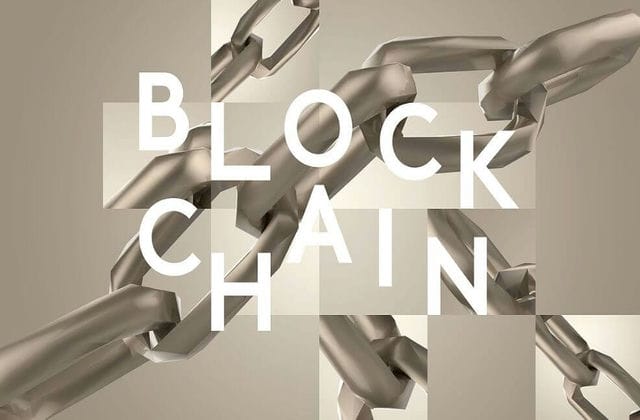
Disadvantages:
- Security issues
A major feature of blockchain technology is that it is irreversible and cannot be forged, but the premise is that the private key is secure. The private key is generated and kept by the user without the participation of a third party. Once the private key is lost, no operations can be performed on the account's assets. With the development of new computing technologies such as quantum computers, the future asymmetric encryption algorithm has certain cracking possibilities, which is also a potential security threat faced by blockchain technology.
- Delay of data confirmation
In the financial blockchain, data confirmation takes a relatively long time. Take Bitcoin as an example. The validity of the current transaction is affected by the network transmission. The exact time of each Bitcoin transaction is about 10 minutes, and it takes one hour for six confirmations. Therefore, the transaction data of the blockchain is delayed.
- Supervision
The decentralized and autonomous characteristics of blockchain weaken the concept of national supervision. However, all innovations need to meet the regulatory requirements. Blockchain supervision, in a way, promotes the commercial application of blockchain and better provides compliance protection. On the other hand, the regulatory authorities have lagged behind in establishing laws and systems for this new technology, which may also destroy the blockchain. It is necessary to grasp the scale.















